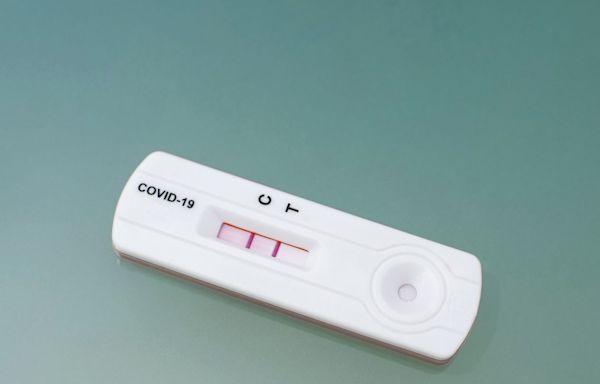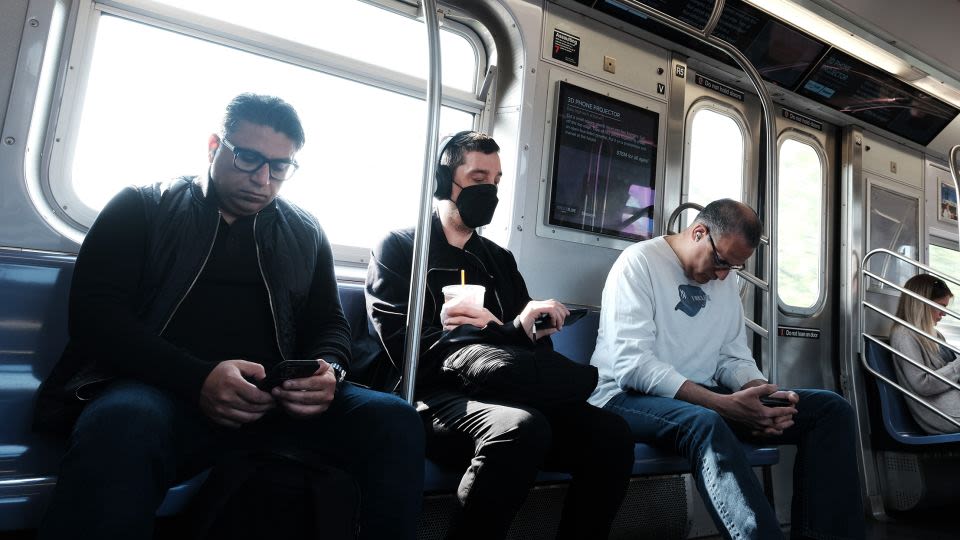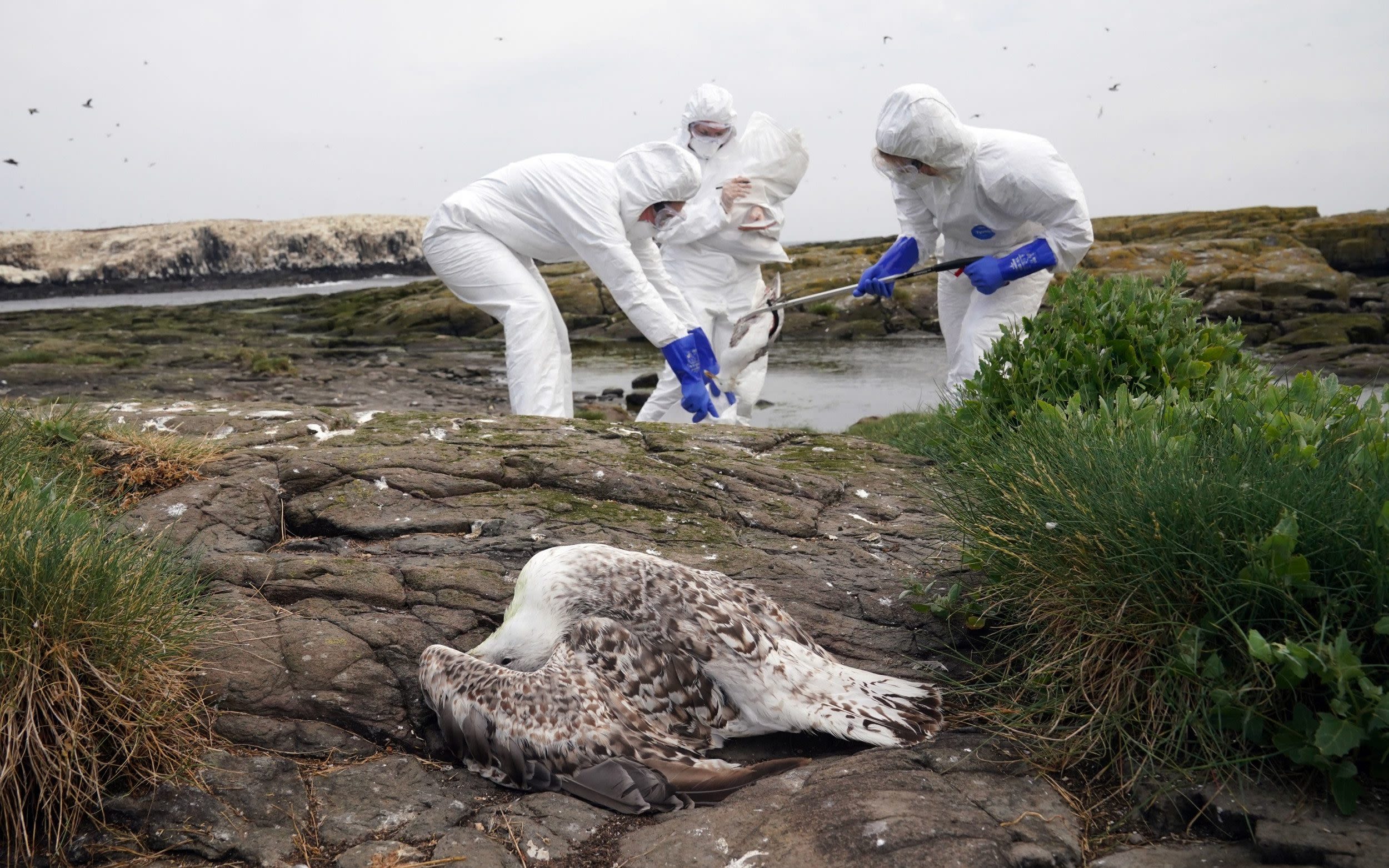Search results
News about H5N1, bird flu, vaccine
Also in the news
Research shows that the antibodies that develop from COVID-19 remain in the body for at least 8 months. Getty Images. Immunity can occur naturally after developing COVID-19, from getting the...
Feb 7, 2024 · How long does immunity from a COVID-19 infection last? The immune response from a COVID-19 infection usually tamps down after 3-4 months, says Kawsar Talaat, MD, a vaccinologist and associate professor in the Department of International Health at the Johns Hopkins Bloomberg School of Public Health and the Johns Hopkins School of Medicine in ...
Jan 23, 2024 · A 2021 study found 98% of people had antibodies against SARS-CoV-2’s spike protein (a protein on the surface of the virus that allows it to attach to our cells) one month after symptom onset. Six...
Jan 23, 2024 · This means the immune system should have recognised and neutralised the same SARS-CoV-2 variant if challenged within six to eight months (if an infection occurred, it should have resulted in mild to no symptoms). But what about when the virus mutates?
Mar 15, 2024 · New guidance from the CDC advises people to isolate until they have been fever-free and with symptoms improving for at least 24 hours, and then take precautions for five days, which covers the...
Feb 16, 2023 · CNN — For at least 10 months after a Covid-19 infection, your immune system can provide good protection against symptomatic illness the next time around, a new study found, and the risk of...
Is there a plan to include others? COVID-19, flu, and RSV are very common respiratory viruses that cause significant amounts of disease, especially in the fall and winter season. We also have immunizations and treatments that help prevent severe outcomes of these viruses.





